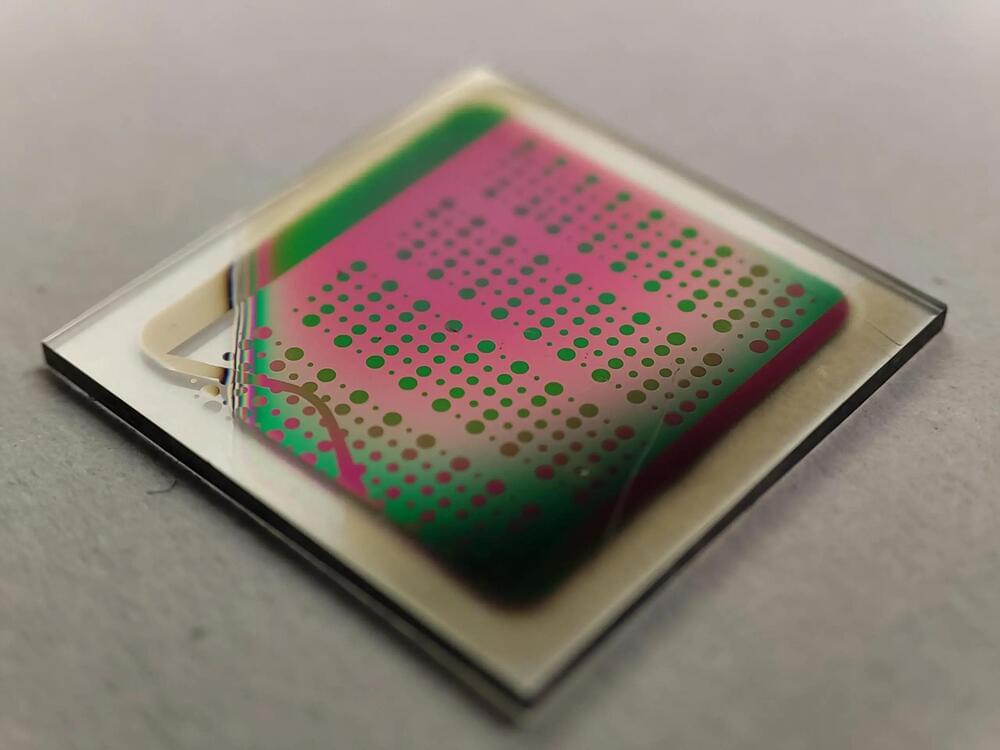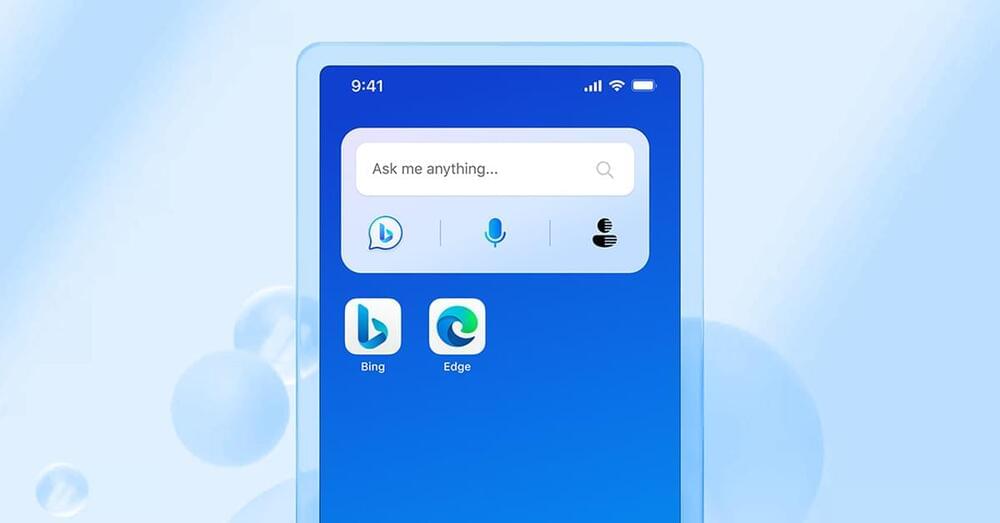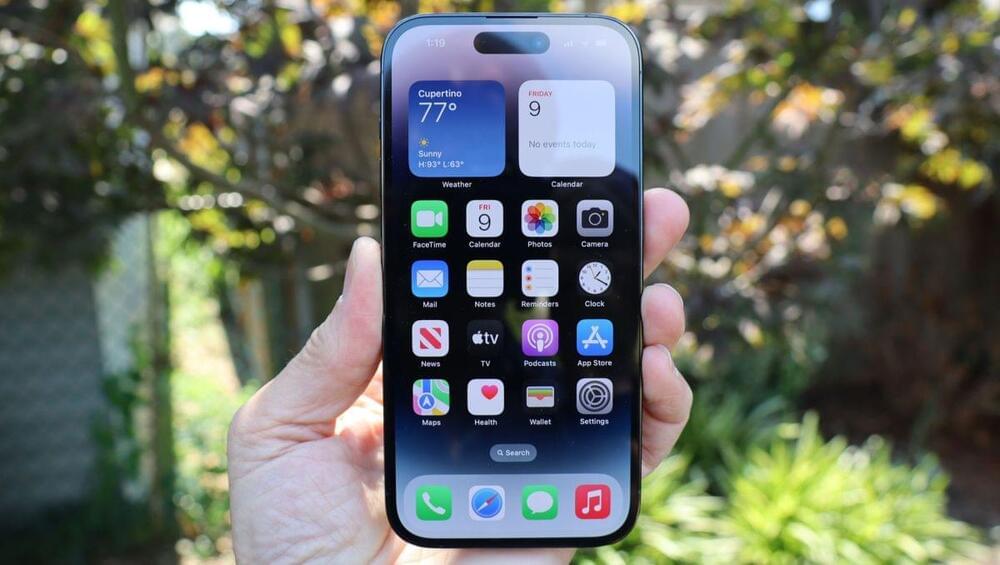Download the free Kindle app and start reading Kindle books instantly on your smartphone, tablet, or computer — no Kindle device required. Learn more
Read instantly on your browser with Kindle for Web.

Download the free Kindle app and start reading Kindle books instantly on your smartphone, tablet, or computer — no Kindle device required. Learn more
Read instantly on your browser with Kindle for Web.

Ago when I was a kid in college my friend Eric got me into many things. We played music together and used a Kurzweil Keyboard, and a bunch of weird stuff. We had an ADAT hooked up to the Kurzweil with fiber optic cables. I had Roland keyboards & Drum machines but I loved the Kurzweil. He started teaching me many things because he was really smart. I was studying psychology so he loaned me his DSMIV and books on Industrial Organiza… See more.
A bit long, but a good read. About 20 years ago when I was a kid in college my friend Eric got me into many things. We played music together and used a Kurzweil Keyboard, and a bunch of weird stuff. We had an ADAT hooked up to the Kurzweil with fiber optic cables. I had Roland keyboards & Drum machines but I loved the Kurzweil. He started teaching me many things because he was really smart. I was studying psychology so he loaned me his DSMIV and books on Industrial Organizational Psychology. He then told me about other books like “Society of Mind”(Marvin Minsky), “Age of Intelligent Machine” (Ray Kurzweil), Engines of Creation (K Eric Drexler), of course Richard Feynman, and many more. I dreamed of that technology and kept reading more. In the 2000’s Drexler and Feynman’s visions became a paradign and applications started rolling out, and now nanotechnology is applied to most everything we know. We are now at the second paradigm where we see the visions of Minsky/McCarthy, Kurzweil and others becoming easily available applications. As a Child I watched the Jetsons & Srar Trek and now with flying cars it’s not if, but when. Space travel is already here. All these technologies will transform global societies, but we must all focus on investing more in the advancement of society than the destruction of it. Many of the things we now invision in our minds we may see in 10 years. People think saving your consciousness & longevity is impossible, but I don’t. Some even thought that regenerating tissue and organs is impossible, but we can do that now. Now people keep saying, “This ancient turtle died, this rhino died (I hear that all the time in Kenya), this elephant died, but I say okay it’s not cool, but what can we salvage from it to bring the species back with advances in technology later? Do we use cryogenics? How do we save the genetic material? Technology can be used in so many ways. Every Day Lifeboat posts feats many do not know. If more people on earth had such a focus, as opposed to dumbed down entertainment like The Kardashians for instance, we would be living in a much better world with more people proposing more ideas and collaborations. I always say we are moving in the wrong way in the evolutionary process, and it is a bit telling that some phones are smarter than many people. I you add ChatGPT. We have so much advanced technology and science, yet we can’t even fight cancer. It took decades for people to learn the importance of diet in HIV treatment. However, Ray Kurzweil has for decades talked about the importance of diet for longevity. Just the other day it was published that processed foods affect cognitive function. Before that it was released processed foods cause cancer. We must change, and go in the right way of evolution to the Singularity another paradigm shift and cooperarion, instead of backwards to a barbaric age of conflict and greed. Always share your knowledge and I thank all who do share in this group. More should share as well, and Lifeboat should use more platforms to reach more people.
From 2021
A new method called tensor holography could enable the creation of holograms for virtual reality, 3D printing, medical imaging, and more — and it can run on a smartphone.
YouTube.
PhD student from MIT’s Department of Electrical Engineering and Computer Science Liang Shi said people once believed that with the existing consumer-grade computer hardware, it’s impossible to do real-time 3D holograms. It’s going to take decades before it would be viable, but he figured out a way to cut that time.
Holographic image is not just made up in the movies, it’s being created as we speak. Shi’s team took a different approach from what was first developed in holograms, where laser beam would split, half the beam is used to illuminate the subject and the other half used as a reference for the light waves phase.


ChatGPT is going mobile. Today, OpenAI announced the launch of an official iOS app that allows users to access its popular AI chatbot on the go, months after the App Store was filled with dubious, unofficial services. The new ChatGPT app will be free to use, free from ads, and will allow for voice input, the company says, but will initially be limited to U.S. users at launch.
Like its desktop counterpart, the ChatGPT app allows users to interact with an AI chatbot to ask questions without running a traditional web search, plus get advice, find inspiration, learn, research, and more. Given the issues with Apple’s own voice assistant, Siri, and Apple’s own lack of AI progress, the new release could push more users to try ChatGPT on their phones as their main mobile helper. The launch could also potentially impact Google, as the search engine today benefits from being the default search engine in Safari on Apple’s iPhone.
When using the mobile version of ChatGPT, the app will sync your history across devices — meaning it will know what you’ve previously searched for via its web interface, and make that accessible to you. The app is also integrated with Whisper, OpenAI’s open source speech recognition system, to allow for voice input.


Researchers at TU Wien (Vienna) have developed a groundbreaking oxygen-ion battery, which boasts exceptional durability, eliminates the need for rare elements, and solves the problem of fire hazards.
Lithium-ion batteries, while commonplace in today’s world – powering everything from electric vehicles to smartphones – aren’t necessarily the optimal solution for all applications. Researchers at TU Wien have made a breakthrough by creating an oxygen-ion battery that offers several significant advantages. While it may not match the energy density of lithium-ion batteries, its storage capacity doesn’t diminish irreversibly over time, making it capable of an exceptionally long lifespan as it can be regenerated.
Moreover, the fabrication of oxygen-ion batteries doesn’t require scarce elements and involves non-combustible materials. The innovative battery concept has already led to a patent application, filed in collaboration with partners in Spain. These oxygen-ion batteries could provide an outstanding solution for large-scale energy storage systems, such as those required to hold electrical energy from renewable sources.
Scammers are now cloning people’s voices and using it to scam people.
So just hearing them over the phone may not be enough to their identity.
Former FBI special agent Tracy Walder joined “NewsNation Prime” to discuss how to protect yourself from AI phone scams after an Arizona mother received a fake ransom call that used a simulation of her daughter’s voice.
“NewsNation Prime” is America’s source for unbiased news offering a full range of perspectives from across the U.S. Weekends starting at 7p/6C. #Prime.
NewsNation is your source for fact-based, unbiased news for all America.

Microsoft only just announced a round of new updates to its GPT-4-powered Bing Chat earlier this month, and it’s back today with some big improvements for mobile users. Just days after Google rebranded its AI tools for Docs and Gmail as Duet AI, Microsoft is now focused on mobile with contextual chat for Edge mobile, a Bing widget for iOS and Android, and even continuous Bing Chat conversations between mobile and desktop.
These new mobile-first features arrive just as Microsoft finishes rolling out its new image and video answers, restaurant bookings, and chat history features that were all announced earlier this month. Microsoft only launched Bing Chat nearly 100 days ago, and it’s showing no signs of slowing down with its AI announcements.
Starting today, you’ll now be able to start a Bing Chat conversation on a PC and then pick it up on mobile. Microsoft uses the example of asking Bing Chat to create a recipe for you on a PC and then asking it to provide a substitute on the mobile app when you’re at a grocery store and they’ve run out of an ingredient. This is starting to roll out today and will be available to all iOS and Android users within the next week.

Since the system is designed to help those who are losing their voices due to motor or cognitive impairment, the training is also flexible. If you can’t do a 15-minute training session, you can stop and start until you’ve made it through all the sentences. In addition, the training system is self-guided, so there’s no screen-tapping necessary.
While the system is not designed as a voice-over system, you can use Personal Vocie to save often-used phrases like “How are you?” “Thank you,” and “Where is the bathroom?”
Personal Voice will live under Settings/Accessibility on the iPhone, iPad, and Mac, and works with any of these devices running Apple silicon. For now, it only supports English.